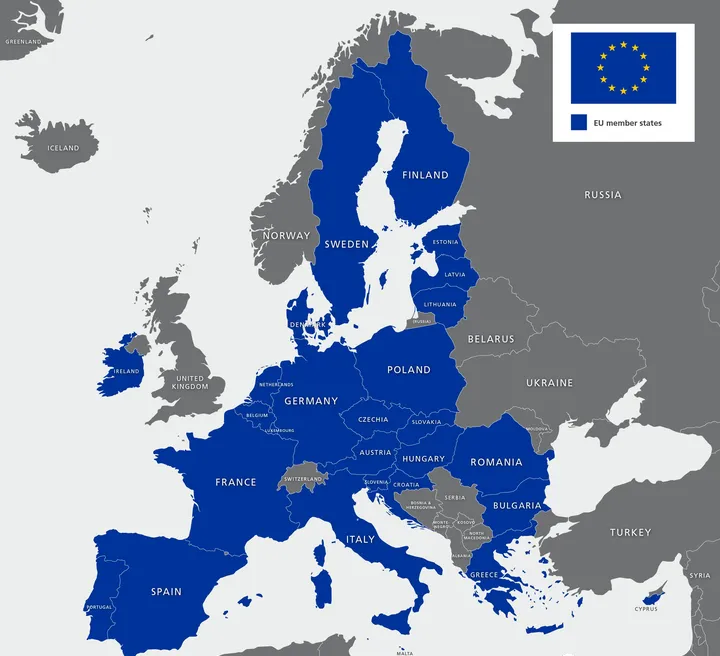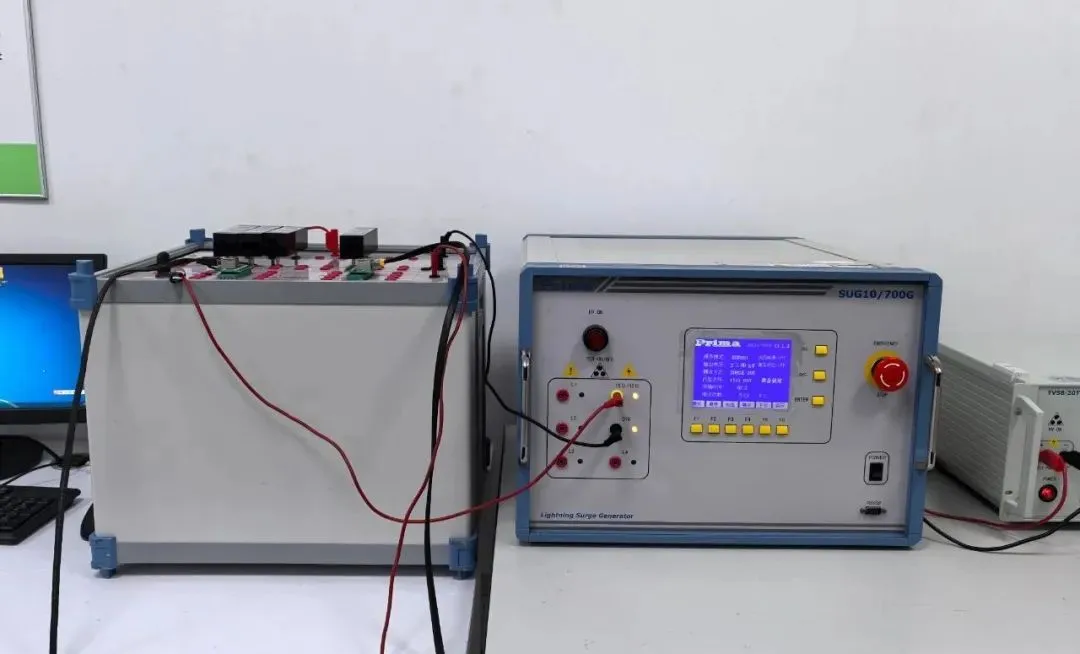
What is the CE Certification Process?
Explanation of CE certification in 2024: Scope, Process, and More
CE certification (Conformité Européene) is a mark that indicates a product complies with EU safety, health, and environmental requirements. CE certification is a mandatory requirement under EU law, and all products entering the EU market, including electronics, machinery, medical devices, vehicles, etc., must obtain CE certification.

Scope of CE Certification
CE certification applies to a wide range of product categories, including but not limited to:
- Machinery: Electric tools, lifts, forklifts, etc.
- Electrical equipment: Household appliances, lighting devices, electric bicycles, etc.
- Toys: Plastic toys, wooden toys, electronic toys, etc.
- Personal protective equipment: Helmets, safety glasses, gas masks, etc.
- Medical devices: Blood pressure monitors, thermometers, X-ray machines, etc.
- Building materials: Doors, windows, flooring, paint, etc.
- Pressure equipment: Boilers, pressure vessels, etc.
- Wireless communication devices: Mobile phones, Bluetooth devices, Wi-Fi routers, etc.
Difference Between Notified Body Certificates and Self-declaration
- Notified Body Certificate: Issued by an EU-designated notified body with a unique notification number. These bodies are accREDited by the EU to conduct independent product evaluations and certifications.
- Self-declaration: A declaration by the manufacturer stating that the product complies with CE standards. No involvement of a notified body is required, but the manufacturer is responsible for ensuring compliance with the relevant standards.
Types of ce certificates
- CoC (Certificate of Conformity): Issued by a notified body, this certificate is the formal recognition of the product after evaluation by the notified body and serves as external authoritative proof.
- DoC (Declaration of Conformity): A self-declaration made by the manufacturer, stating that the product meets the relevant EU standards and regULations. This is a self-responsible method.
ce certification process
1. Determine applicable directives: First, identify the EU directives that apply to the product. Different product categories are governed by different directives, such as the low voltage directive (LVD), Electromagnetic Compatibility Directive (EMC), Toy Safety Directive, etc.
2. Conduct risk assessment: Based on the requirements of the applicable directives, perform a risk assessment of the product to ensure it meets all safety, health, and environmental requirements.
3. Choose a certification mode: Depending on the product type and applicable directives, choose the appropriate certification mode. Common modes include self-declaration, third-party testing, and notified body certification.
4. Testing and evaluation: Send the product to an EU-recognized third-party laboratory for testing and evaluation to ensure compliance with relevant standards.
5. Prepare technical documentation: Based on the testing results, prepare detailed technical documentation, including product descriptions, design drawings, test reports, etc.
6. Issue CE declaration: Based on the test results and technical documentation, prepare and sign the CE Declaration of Conformity (DoC).
7. Affix the ce mark: Apply the CE mark on the product and packaging to indicate compliance with EU requirements.
How Long is a CE Certificate Valid?
The validity of a CE certificate depends on the product's risk level, relevant standards and directives, and whether there are significant changes in the manufacturing process or materials. If no major changes occur, the certificate remains valid indefinitely. For high-risk products, an annual FPC (Factory Production Control) is required to maintain the certificate’s validity.
JJR Laboratory in China has CE-certified testing capabilities and can provide efficient, professional consulting, testing, and training services. We welcome inquiries from all customers!
Email:hello@jjrlab.com
Write your message here and send it to us
 What is the EN 61326-2-3 Standard?
What is the EN 61326-2-3 Standard?
 Why Do Smart Sockets Need IEC 60884 Certification?
Why Do Smart Sockets Need IEC 60884 Certification?
 Why Retest the Device if the 5G Module Already Has
Why Retest the Device if the 5G Module Already Has
 Overview of IEC 62087 Test Standard
Overview of IEC 62087 Test Standard
 CISPR 25 Test Standard Compliance Guide
CISPR 25 Test Standard Compliance Guide
 IEC/UL/CSA 62368-1 Electrical Distance Testing
IEC/UL/CSA 62368-1 Electrical Distance Testing
 Canada Wireless Device IC Certification RSS-210 Te
Canada Wireless Device IC Certification RSS-210 Te
 FCC Part 15.231 for Wireless Remote Controls and S
FCC Part 15.231 for Wireless Remote Controls and S
Leave us a message
24-hour online customer service at any time to respond, so that you worry!




